It’s the time of year when everyone is scrambling to get pool closing supplies. New and experienced pool owners know the importance of getting the right pool winter cover, solid or mesh. But there can be some confusion around the combination of pool winterizing chemicals needed to keep your pool ship shape until the spring.
So, let’s make it easy; we’ll go through the most common pool closing chemicals and determine if they are necessary for pool winterizing.
Chlorine
Is it Required? Yes
- Dosage – Dependent on Pool Size, Water Chemistry Factors (pH, Alkalinity, Total Dissolved Solids (TDS)), Current and desired Chlorine Level
- Dosage Pool Shock – 1 pound per 10,000-gallons
- Pool Shock or granular chlorine to get a standard/higher than normal reading.
Winter Algaecide
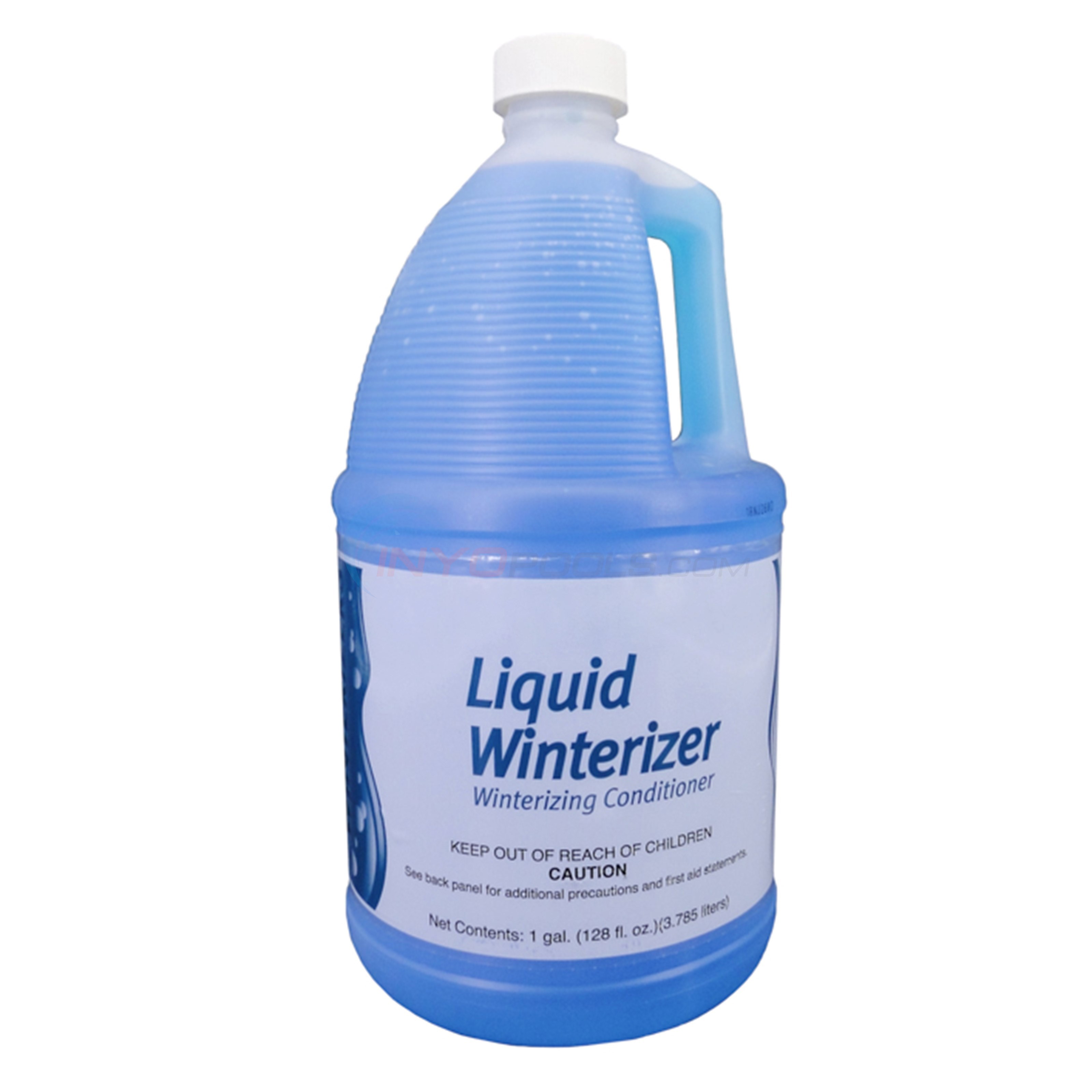
Is it Required? Yes
- Dosage
- Winterizing Dosage for some visible algae: 12-17 oz per 10,000 gallons
- Winterizing Dosage for no visible algae: 6-10 oz per 10,000 gallons
- A unique form of Algaecide that is formulated to stay active for months to prevent algae growth on the occasional warmer-than-normal days
Non-Chlor Pool Shock
Is it Required? No, but it’s Highly Suggested
- Dosage – 1 lb. per 10,000 gallons
- Oxidizer – breaks down organic and inorganic compounds left in the water after spent chlorine called chloramines. If you are familiar with that nasty “chlorine smell,” chloramines are the cause, which is a red flag that your pool is dirty.
Metal Sequestrants
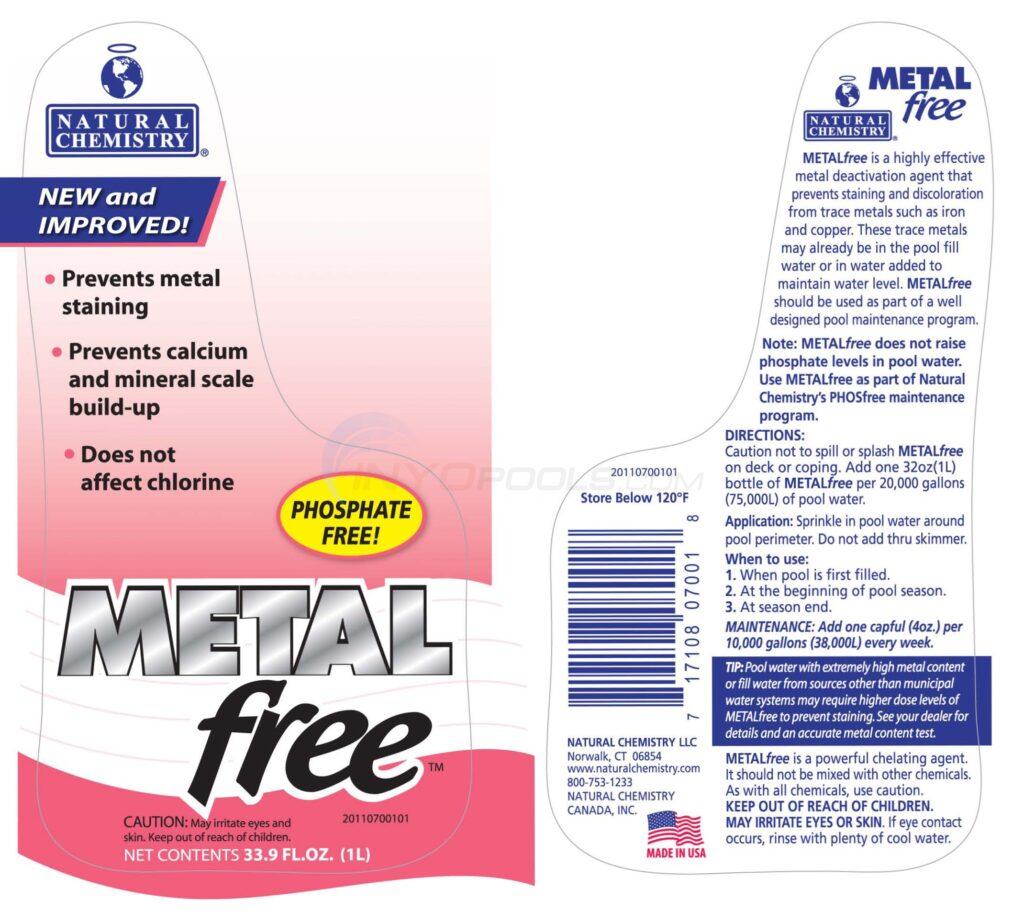
Is it required? Yes
- Dosage – Varies by Brand; follow directions on the bottle
- Sequestrants prevent metals from settling onto your pool surfaces, which causes tell-tale orangish-brown rust stains, green copper stains, and purple manganese stains.
- If your pool surface already has these stains, use a stain ID kit like Jack’s Magic Stain ID kit to identify the type of stain so you can choose the correct treatment.
Clarifiers – Flocculants – Enzyme Cleaners
Is it required? No
Dosage – 1 fl. oz, per 5,000 gallons
Pool owners who have dealt with hazy, cloudy, or dead algae blooms will be familiar with the types of cleaners. Clarifiers and flocculants are coagulants that bind to dirt and other foreign particles in your pool water into larger clumps. Clarifiers make clumps large enough for your filter to capture, whereas flocculants clump the dirt and debris and sink it to your pool bottom. Also called floc and vac, the dirt on your pool bottom is vacuumed to waste.
Pool Antifreeze
Is it required? No, it’s optional.
Dosage – 1-Gallon per 10 feet of pipe
If you want an extra bit of se insurance to prevent pipe bursts during the coldest months, pool antifreeze also called marine antifreeze. This chemical is a non-toxic version of antifreeze that prevents wants from freezing, which leads to pipe bursts.





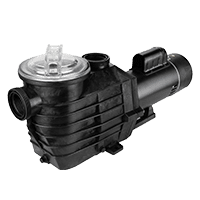
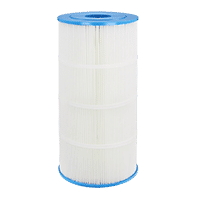
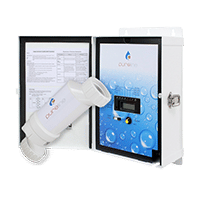
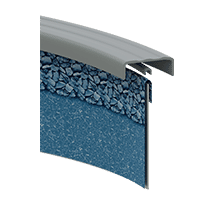
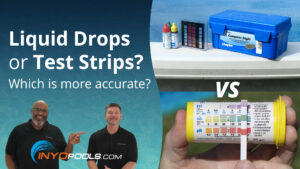


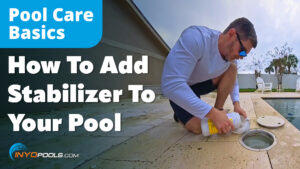
Leave a Reply